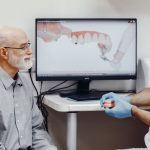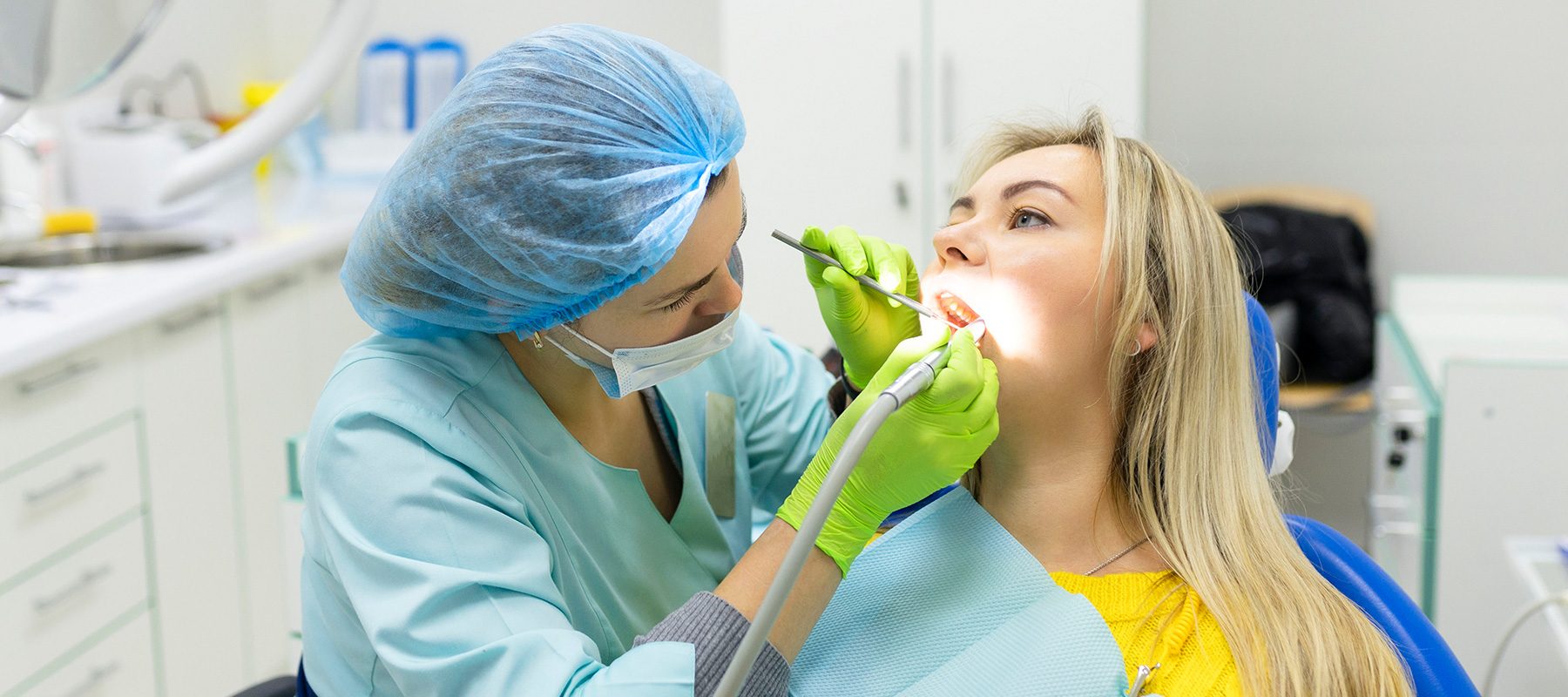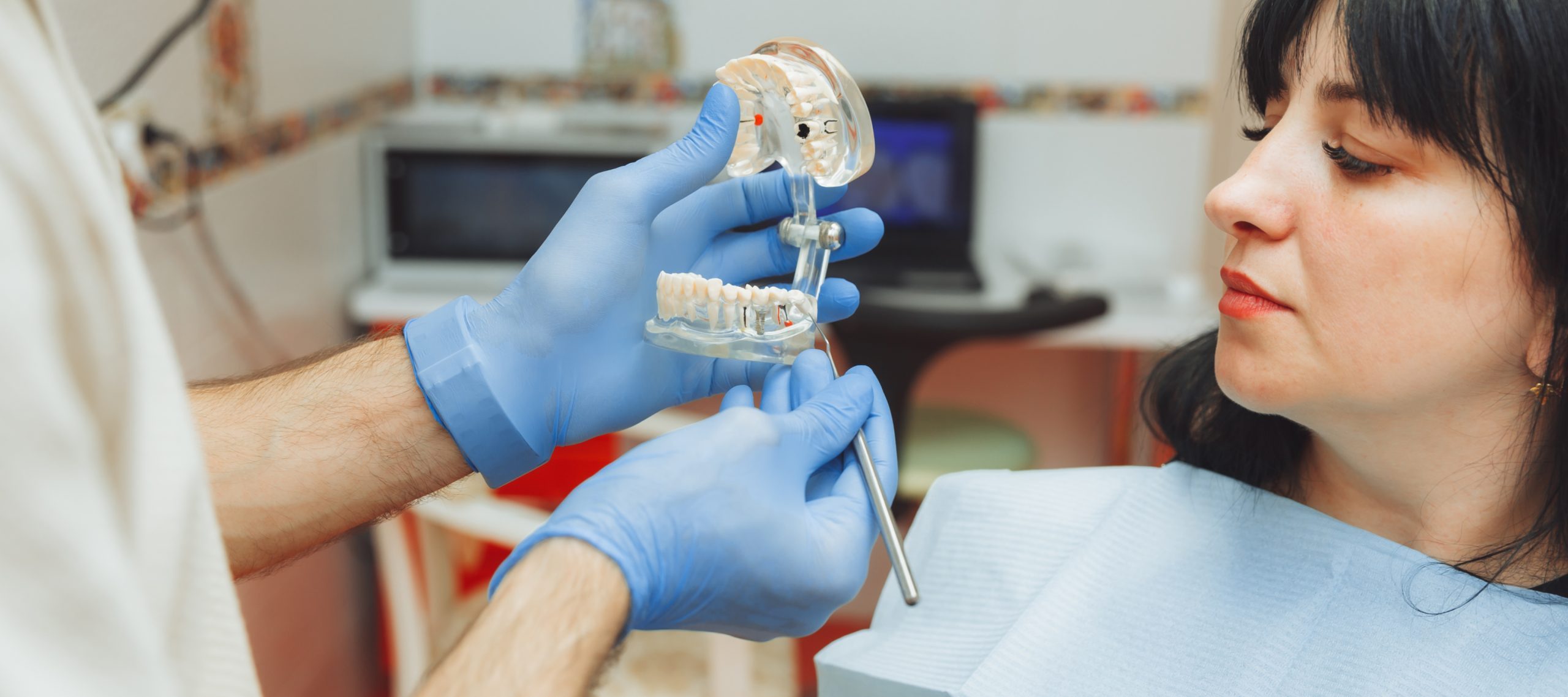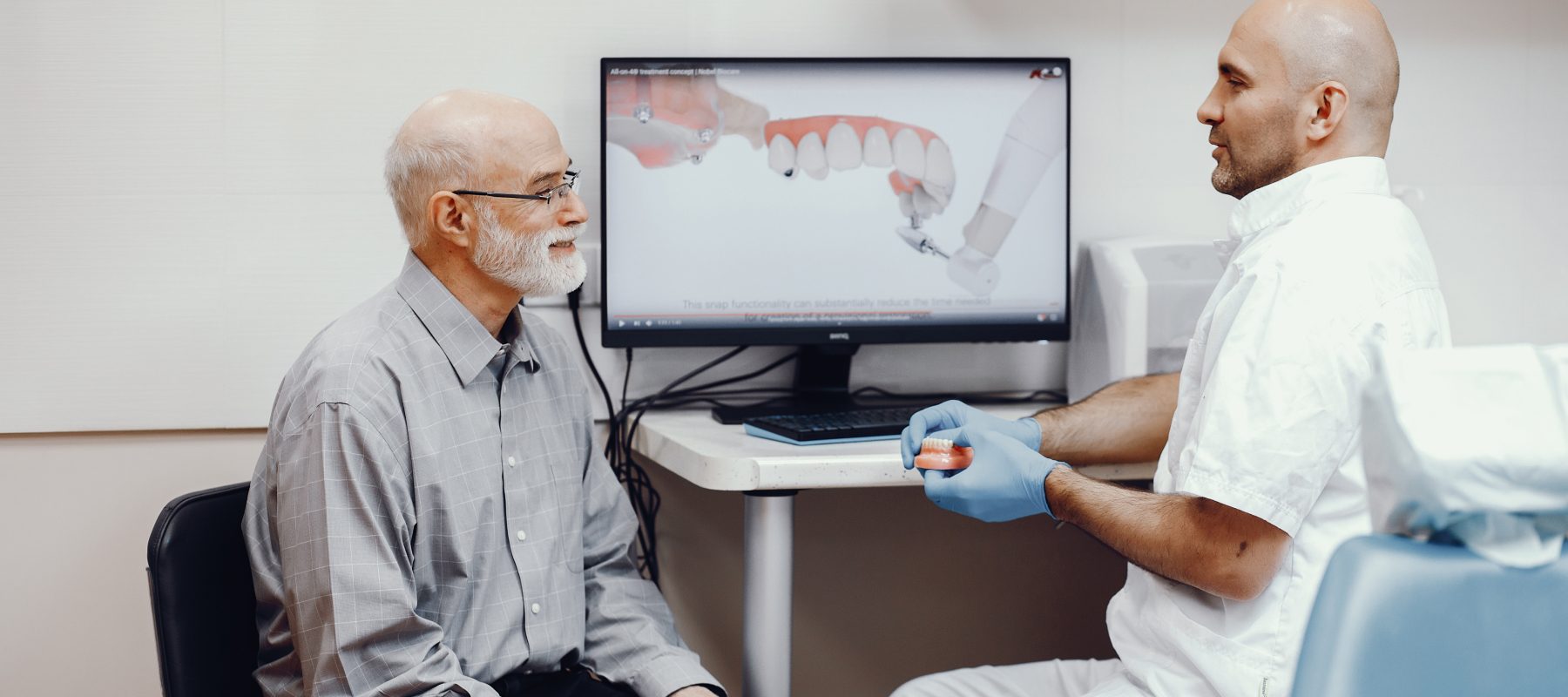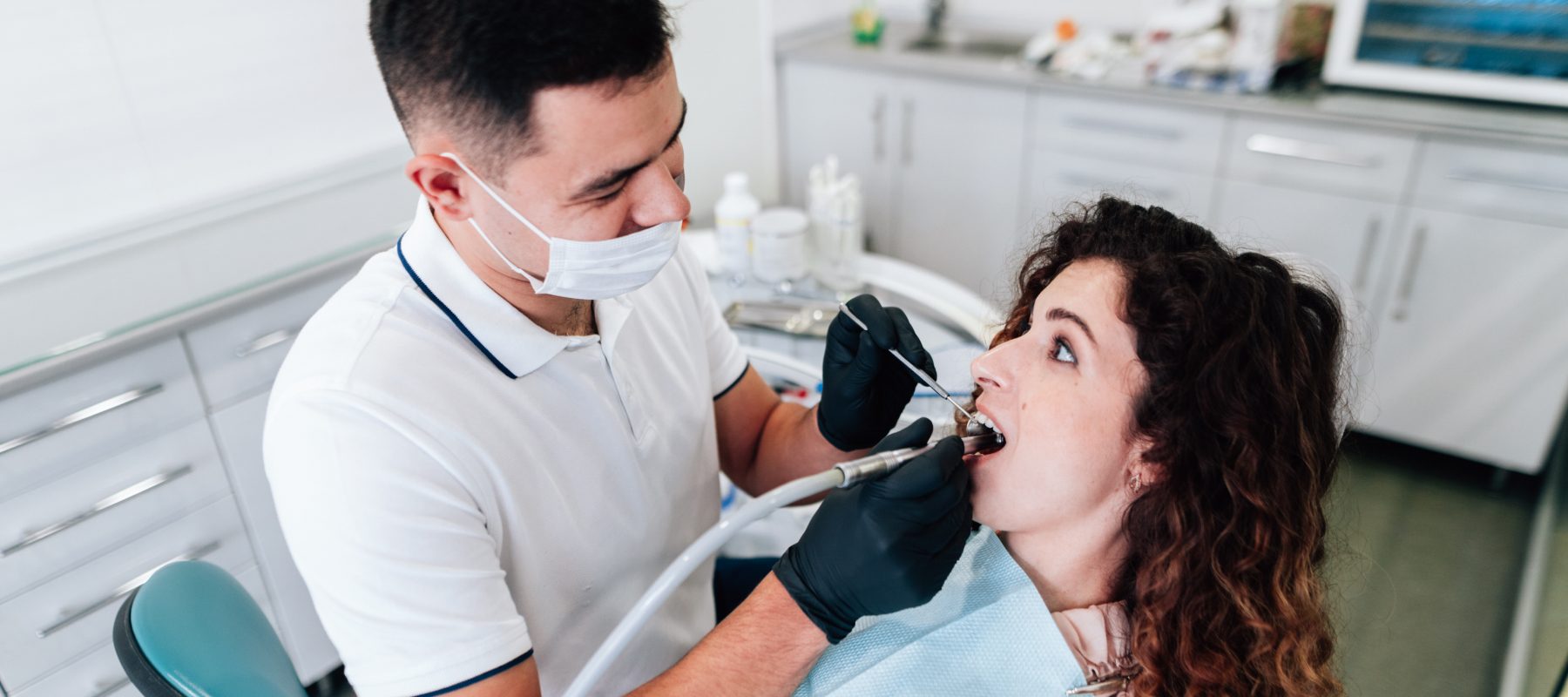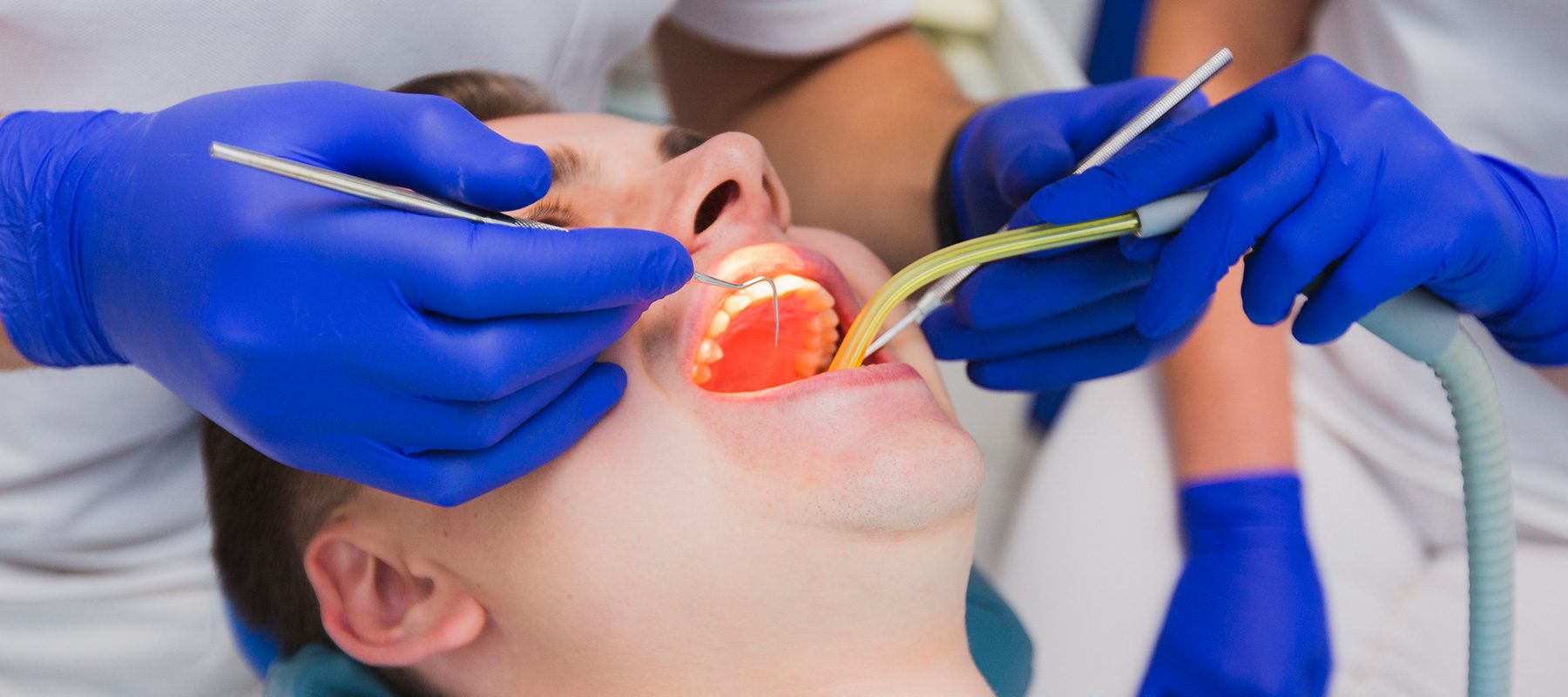Tooth extraction is a surgical method of removing the damaged tooth from its root. This procedure is also known as tooth pulling. Although dentists try their best to save a damaged tooth via orthodontic treatments, tooth extraction sometimes becomes the last option.
Gum recession, deep cavities, and tooth decay often damage your teeth from their roots, leading to excessive dental pain and discomfort. In such situations, dentists usually end up with the only solution for tooth extraction.

Although your dentist will perform local anesthesia to numb the infected tooth and make the procedure painless, incisions and stitching might lead to some post-extraction pain. Give this article a read to heal fast from this post-extraction phase. Here, we are sharing some tips for tooth extraction post-care. Following these tips will reduce pain intensity and offer you a speedy recovery.
Tooth Extraction Post-Care Tips
Listen to your dentist carefully
Tooth extraction is a surgical procedure involving incisions, bleeding, and stitches. Hence, you must take this post-extraction care seriously and listen to your dentist mindfully. There is a list of post-extraction instructions from your dentist or dental surgeon. These instructions will help you heal quickly without experiencing intense pain or discomfort. Your dentist must have tailored these instructions by considering your teeth condition and other factors. Adhering to these instructions deliberately will foster the healing process and minimize every risk of postoperative inflammations.

Clean the Extraction area safely
After this surgical procedure, the extraction area becomes more sensitive. In such conditions, any bacterial exposure can lead to severe infections. Therefore, you need to ensure the extraction area is adequately cleaned. Restrict yourself from brushing harshly over your extraction point. Instead, use antibacterial mouthwash to rinse your mouth. Repeat this rinsing process three times per day. Although you can brush your other teeth, avoid brushing the extraction area.
Follow a liquid Diet for one week
In comparison with all restorative dentistry procedures, Teeth extraction is more painful. Individuals may take one month to achieve a full recovery. However, the recovery phase may vary from patient to patient. Some patients may take three days to get back to their routine. Conversely, some may take a month to heal profoundly. A patient recently undergoing an extraction procedure must follow a liquid diet for a week or more. Solid foods can pressure the extracted area and slow the healing process. Therefore, you must create a healthy, liquid diet to support this healing process.
Dairy products like milk, yogurt, cheese and ice creams are great for post-operative dental care. Eating cold and fluid foods can reduce discomfort and foster healing. At the same time, you can add some scrambled eggs, soups, and smoothies to your post-extraction diet.

Take your medicines Timely and stay connected with your Doctor
Teeth extraction processes can be different. The procedures a dentist uses to remove a wisdom tooth can differ from those they usually follow for extracting a general tooth. Hence, the recovery time can be different in both types of extractions. However, there is one common rule that every patient must follow after tooth extraction: Take the medicines promptly and stay connected with your dentist. Let your dentist know if you already wear a dental implant or bridge. They will design your post-extraction care routine by considering all your requirements.
At the same time, inform your dentist immediately if you experience intense bleeding, pain, or any other discomfort. They will conduct a post-surgery inspection to evaluate the risk of infections and will prescribe some antibiotics if needed. Such early precautions will reduce the chances of infections and foster the healing process.
Do not smoke, do not drink, and do not eat Spices
Every dentist shares post-care tips for tooth extraction to keep their patient safe after this surgical procedure. And among all the tips, this is the most overlooked one. Smoking tobacco within two days of extraction can cause severe infection and interrupt the healing process.
At the same time, drinking alcohol is also a significant safety hazard for individuals who have recently undergone this severe surgical procedure. That’s not all; consumption of spicy foods often wedges the blood clot and leads to severe inflammation. All these risk factors can affect the surgical spot and slow the healing process. So, whether your dentist has given instructions, you must follow this “do not” rule to protect your surgical spot and speed up the healing process.
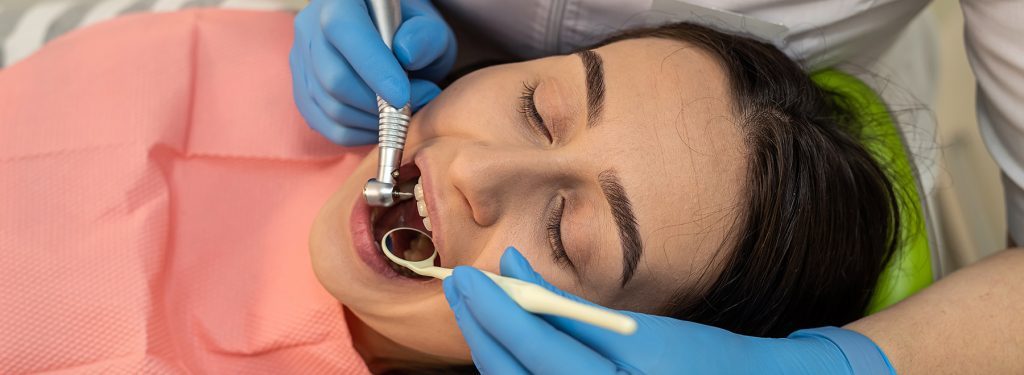
Do not engage in any strenuous work for a week
One week of total rest is recommended after a tooth extraction procedure. Unfortunately, your busy work schedule may not allow you to take one week of bed rest. However, you should restrict yourself from engaging in strenuous physical activity. Skip your gym or workout sessions for a week. Let the stitches be removed first, and then resume your workout routine. However, you can do all the work that doesn’t involve heavy physical activities and refrain from cooking, cleaning, or any strenuous tasks. Such strenuous activities might create some pressure on the surgical point and cause bleeding.
Monitor the signs of Infections
Watch the extraction point for the coming 3-4 days. If you spot any signs of infection, such as overswelling, intense pain, fever, bad breathing, or excessive bleeding, contact your dentist immediately. Do not take any random medicines. Instead, trust your dentist and let them examine whether there is any bacterial contamination. Only your dentist can diagnose this and recommend the right medication to reduce the severity of infections.

Final Thoughts
Most people come across this tooth extraction at some point in their life. There was a time when tooth extraction was unbearably painful. However, today’s advanced dentistry can make this process easy and painless. Also, incorporating the tips listed above will ease this post-extraction recovery phase. It requires rest, proper oral hygiene, and the right medicines. Remember to contact your dentist if you have any queries related to your post-extraction care. They are always here to help you with the best solutions.
For more health and wellness blogs and updates, stay tuned to World of Heal.
Exciting guest posting opportunities are available on our website! For details, contact us at affiliates[@]prasarnet[.]com.

Pamela is a creative content writer and editor with experience working with various multinational agencies. She is known for her dynamic approach and enthusiasm in publishing engaging and insightful articles.



